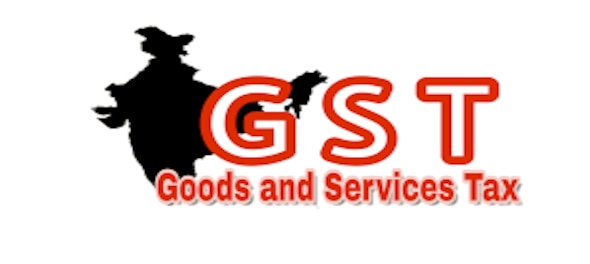
Indirect tax officials have arrested three individuals for running a circular trading, involving use of fake invoices, racket to claim fraudulent refunds of input tax credit (ITC).
The accused individuals were operating 17 fake firms, procured invoices without actually providing goods or services and passed on ITC fraudulently to the tune of Rs 436 crore, a government statement said on Monday.
According to the finance ministry, the fraudulently availed ITC was used by them to file refund claims to the tune of Rs 11.55 crore under inverted duty structure. The said refund claims were also filed by the fake firms floated by them.
Officers of anti-evasion, central GST Delhi East Commissionerate found that Asif Khan, Rajeev Chhatwal and Arjun Sharma were operating these fake firms.
“The accused are related to each other by marriage and were evading investigation for the last one month.”
“During investigation it came to light that a major Hawala operation was being run by the accused persons in connivance with certain Bank employees (under investigation).”
The fake firms were existed only on paper and had been floated for the purpose of passing on ITC through fake invoices, it said.
Companies on both sides of the transactions, recipient as well as supplier, were found to be non-existent, according to the ministry.
Certain businessmen are also under investigation for taking entries from the accused individuals for money laundering.
Asif Khan was also running a similar operation even during erstwhile VAT regime. It came to light that the trio were planning to spread their operations to other states at the time they were apprehended, according to the statement.
“They appeared to have knowingly committed offences under Section 132(1)(b) and 132(1)(c) of CGST Act, 2017 which are cognizable and non-bailable offences as per the provisions of Section 132(5) and punishable under Clause (i) of Sub section (1) of Section 132 of the Act ibid. They also appear to have committed offence under Section 132(1)(e) of the Act.”
The accused individuals were arrested on Sunday and remanded to judicial custody until March 13, 2020.
First Published: Mar 2, 2020 8:03 PM IST
Check out our in-depth Market Coverage, Business News & get real-time Stock Market Updates on CNBC-TV18. Also, Watch our channels CNBC-TV18, CNBC Awaaz and CNBC Bajar Live on-the-go!


Supreme Court refuses plea seeking 6-year poll ban on PM
May 14, 2024 7:14 PM
Punjab Lok Sabha elections 2024: A look at BJP candidates
May 14, 2024 7:06 PM
Lok Sabha polls: EC disposes of 90% complaints related to MCC violations
May 14, 2024 4:45 PM
Jharkhand Lok Sabha elections 2024: All about INDIA bloc candidates
May 14, 2024 2:52 PM

